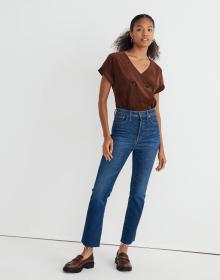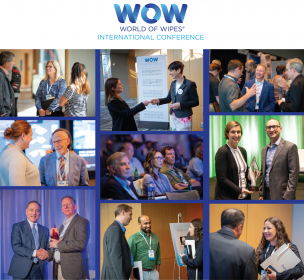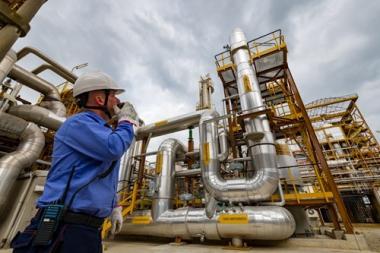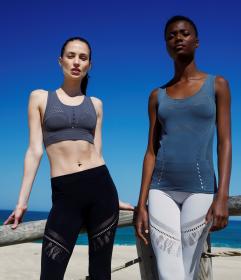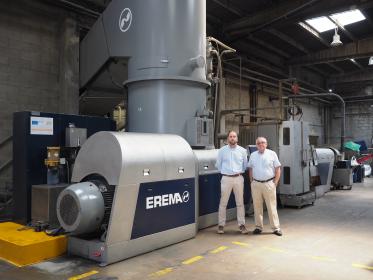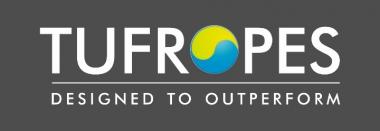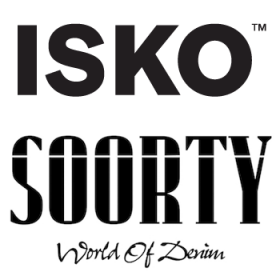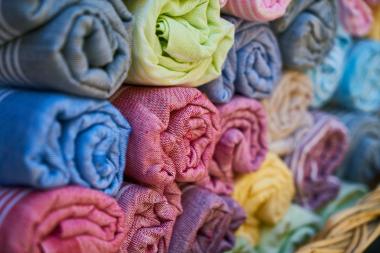Madewell launches denim with ISKO fabrics that are bluesign® APPROVED
Madewell has created a denim style using bluesign® APPROVED ISKO fabrics, prioritizing sustainability in the production of a pair of women’s denim jeans. The jeans are made with ISKO’s fabrics that are dyed and finished with bluesign® APPROVED chemical products and produced in a resource-conserving way with a minimum impact on people and the environment. ISKO’s Reform™ technology, one of the denim ingredient brand’s most successful patented stretch innovations, has obtained bluesign® APPROVED status, which is a unique challenge for a denim mill.
The bluesign® APPROVED label is awarded only to the bluesign® SYSTEM PARTNER manufacturers that meet the strict safety and environmental requirements of the bluesign® CRITERIA, such as ensuring production sites are safe for workers, reducing CO2e emissions and water consumption, as well as avoiding hazardous substances in production among many others.


